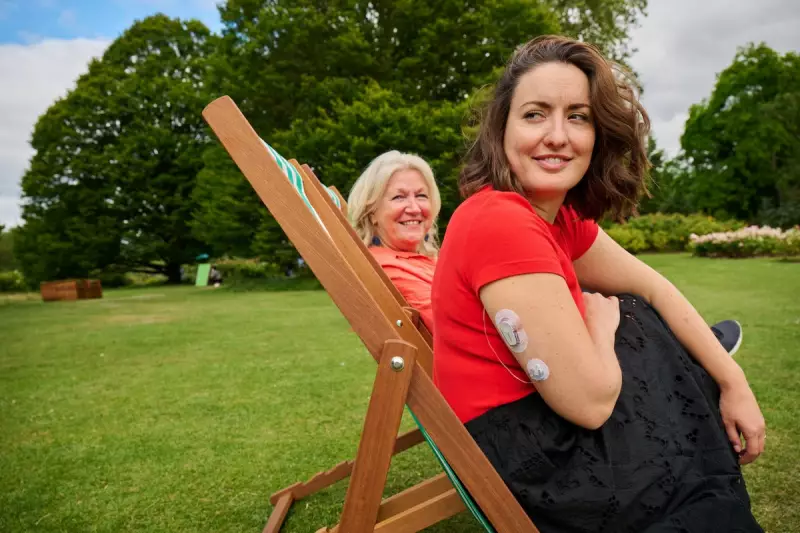
Distressed families across England are being forced into desperate fundraising campaigns to purchase life-changing medical technology for their diabetic children, as the NHS continues to operate a damaging postcode lottery for essential healthcare.
The Heartbreaking Reality for Families
Parents of children with Type 1 diabetes are facing an impossible choice: watch their child endure painful finger-prick blood tests up to ten times daily or embark on exhausting public fundraising efforts to obtain continuous glucose monitors (CGMs). These revolutionary devices automatically track blood sugar levels, eliminating the need for constant finger pricking and providing crucial overnight protection.
Postcode Lottery Leaves Children Vulnerable
Despite NHS England's claim that guidance is "clear and equitable," the reality on the ground tells a different story. Clinical commissioning groups (CCGs) across the country are implementing wildly varying criteria, creating a healthcare lottery that determines which children receive support based solely on their address.
Many families are being told their children don't meet specific criteria, such as experiencing frequent hypoglycemic episodes or demonstrating "exceptional clinical need" – essentially requiring their health to deteriorate significantly before qualifying for support.
Real Families, Real Struggles
One mother described the emotional toll of watching her young daughter undergo repeated finger pricks, stating: "It's absolutely heartbreaking. She's been having these since she was a baby and now she's starting to really resist."
Another family has resorted to crowdfunding to raise £2,000 for a CGM system after their local NHS trust repeatedly denied support. Their six-year-old daughter faces up to ten finger pricks daily, causing significant distress and anxiety.
The Technology Changing Lives
Continuous glucose monitors represent a monumental advancement in diabetes management. These small wearable devices:
- Provide real-time blood sugar readings without finger pricks
- Alert users to dangerous highs and lows
- Offer peace of mind for parents monitoring children overnight
- Significantly improve quality of life for young patients
NHS Response Falls Short
While NHS England maintains that local providers should follow national guidance, families and advocacy groups report consistent failures in implementation. Diabetes UK has called for urgent action, emphasizing that postcode-based care is unacceptable for life-threatening conditions.
The situation highlights growing concerns about healthcare inequality in England, where essential medical technology remains inaccessible to those who cannot afford private purchase despite its proven benefits for patient outcomes and long-term health savings.





